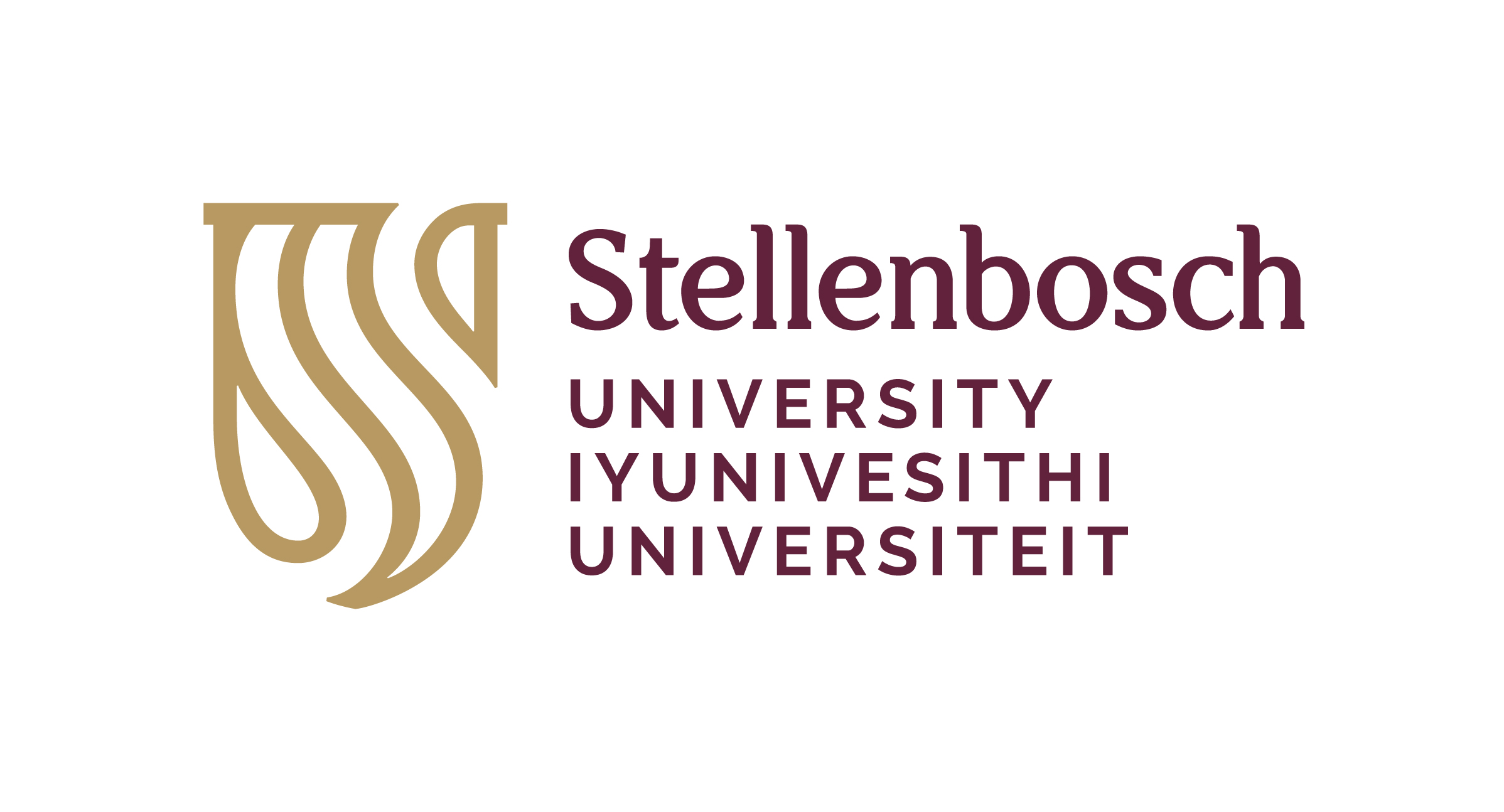“Engineering fourth year”-a local South African studying at the University of Stellenbosch and the journey of engineering life specifically the journey of engineering, fourth and final year!
Wow, what a semester. Can I really be half way through final year?
I am writing to you, dear reader, after an intense second term, six long exams, and finally a lovely holiday. Below is a reflection on the challenges of the second term and those that I am told await me.
As you may recall, my previous blog entry was about “time management” and strategically resting. It couldn’t have been better timed, and was some advice I most certainly had to follow. All I can say is that for me, 20 minute power naps, Dropbox © shared folders, and good food helped me make a success of this past second term.
Learning about Ubuntu and Kantian ethics (In Afrikaans I might add),as well as having to manage a virtual production project on an online simulator made this past term the most diverse yet. It was really special to have modules that included all final year students, some of whom I last had class with in first year before we “split” into our various specific directions.
My initial view on the philosophy and ethics module (FE474) was that of “why am I sitting here” and “where does this all fit into my career”, where were the case studies and direct ethical application? I must admit that it did feel weird to have a BA module, but I would argue that I am better for it.
The topics of FE 474 vary considerably and start off initially with a view of how we as engineers influence culture through technology. This sounded like their way of convincing us that the subject applied to our course, without us applying it in practice. The reality of the benefit to us of taking this module only “hit home” when I was home (back in Port Elizabeth) for my holiday. There, in conversation I realised how this “insignificant and unrelated” subject had influenced my train of thought and allowed me to participate better in philosophical conversation and talk about thought related ideals -the “stuff that isn’t engineering related” …AND IT FELT GOOD!
A subject I thoroughly enjoyed this past semester was the steel design module. Having done well in last year’s design module, the pressure was on to continue and do well in this module too. Design modules, (well, these two at least) basically are about learning structural design principles and understanding design code. The basics formed from strength of materials and theory of structures are all combined together into an impressively tangible subject. Amongst the philosophy, ethics and project management, this was as I had hoped, a strangely satisfying subject.
Another subject, which included all current final year students, was the dreaded Project Management (PB412). One of the most time consuming modules to date, this one was a challenge and for a reason I hadn’t anticipated. Group work. The main focus of the module is the three or four lectures a week, all theory based and counts about 70% of your final mark. This is the simple part in comparison to the group project which includes a virtual (web-based) simulation as well as extensive reports, reporting as if you and your team were a company managing a real life project.
All 500 final year students are split up and placed into multi-disciplinary groups of 5 or 6 to complete a production task of a “Multidisciplinary nature” i.e. requiring mechanical, electrical, chemical, industrial and civil engineers. You can imagine that merging ideas, home languages, and disciplines to mimic the realities of industry is no small task. I should not forget to mention the strict marking of this subject. Thankfully this is now over and complete, greater challenges remain.
Eish, yes, greater challenges or more concisely-“Skripsie” and in English, “Final year engineering project”. This, the pinnacle of final year engineering is “make or break”. It is an opportunity for you as a final year student to manage your own time performing your own research and testing to complete goals that you set under the watchful eye of your study leader.
Topics for the skripsie are placed online. Each topic has a study leader who has proposed that topic. For the civil engineering faculty specifically, each student selects and orders his or her top 10 topics (each with a different study leader). The topics are then allocated to the students based on their academic average from their 3rd year, with the top performing students usually all obtaining their first choice topic. This system seemed to work well and I received the topic I had hoped for.
This past holiday was amazing. The simple, less structured time at home with family and friends is something to treasure.You will realise this soon after leaving home (like me) to attend varsity. Port Elizabeth beaches, games evenings, and family dinners are important to help feel rejuvenated and ready to tackle another semester.
Oh yes, besides skripsie, there are a two other things on my mind.
The first being the advanced design module that makes up for the lack of design focus of ones (research orientated) skripsie and is said to also take up a serious amount of time. I trust that it will be rewarding, I guess I will find out more when class resumes in two days’ time!
Finally and perhaps with more excitement, the decision to pursue my Master’s at Stellenbosch University in 2016. This opportunity seems to have bumped me on my head, and sounds like something I would be silly to miss.
Thank you for reading (if you managed to read to the end of this), keep a lookout in a few weeks’ time for the next addition of “Engineering Fourth year”.



